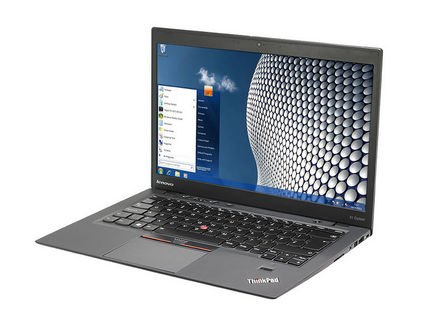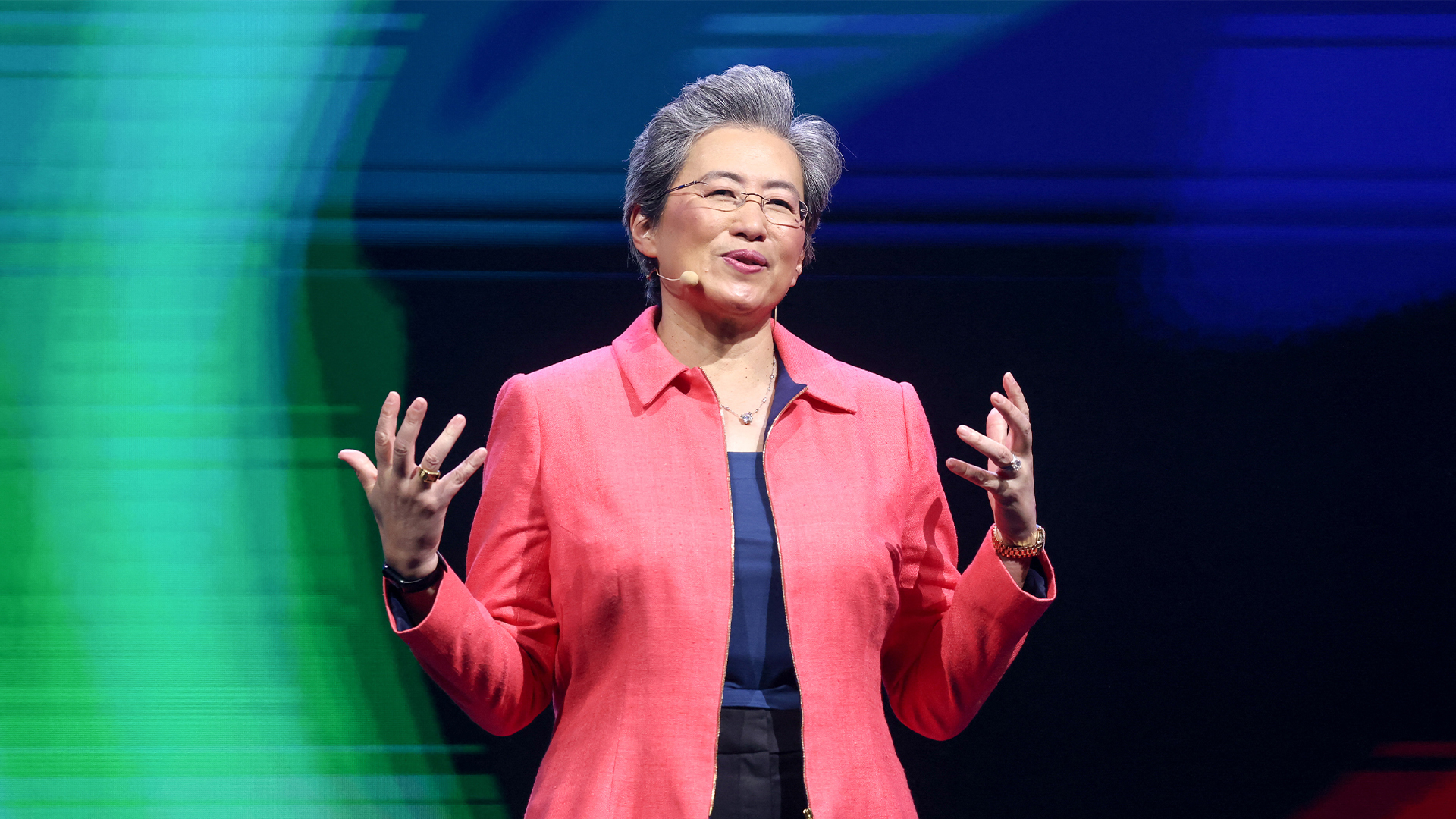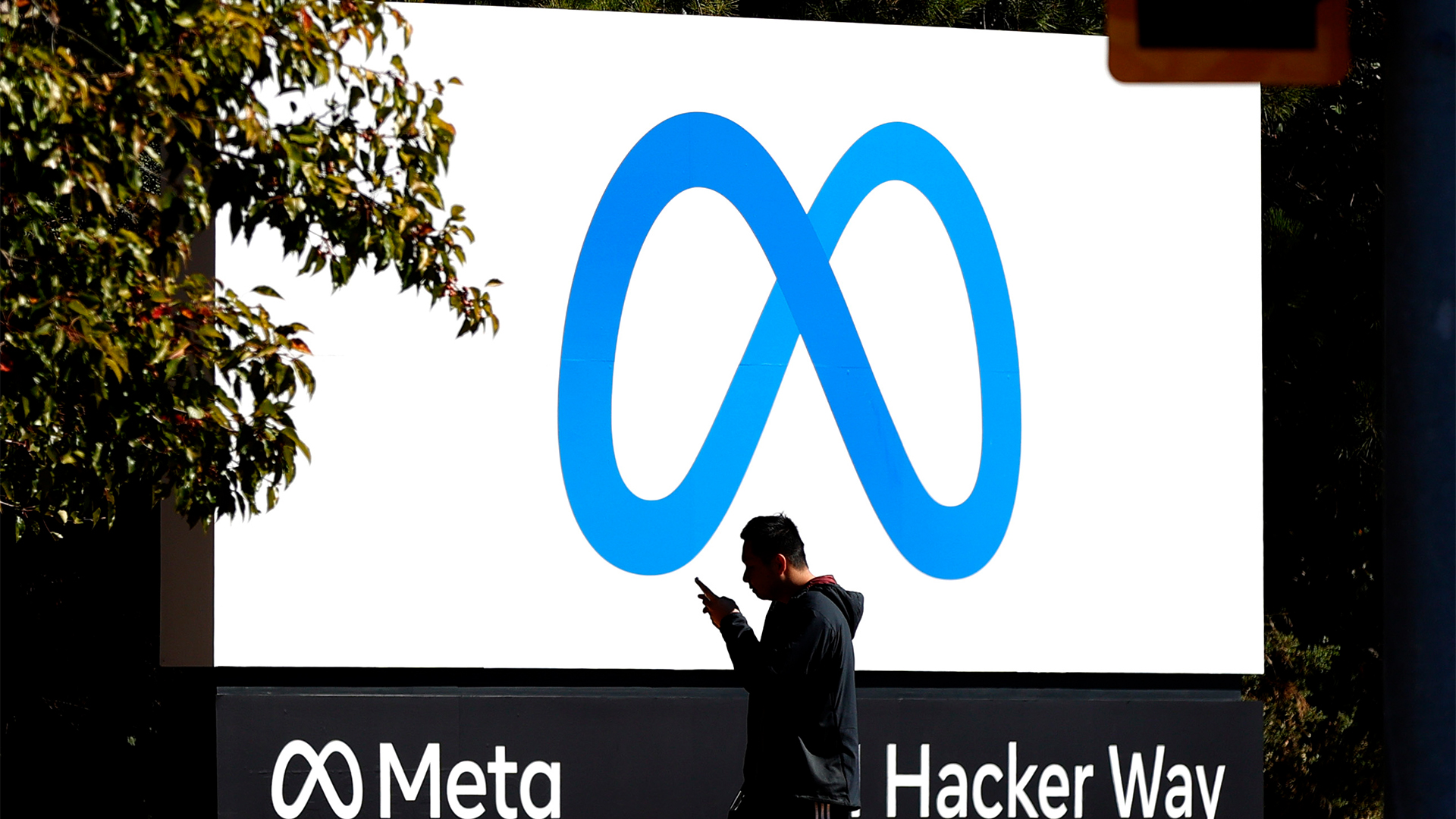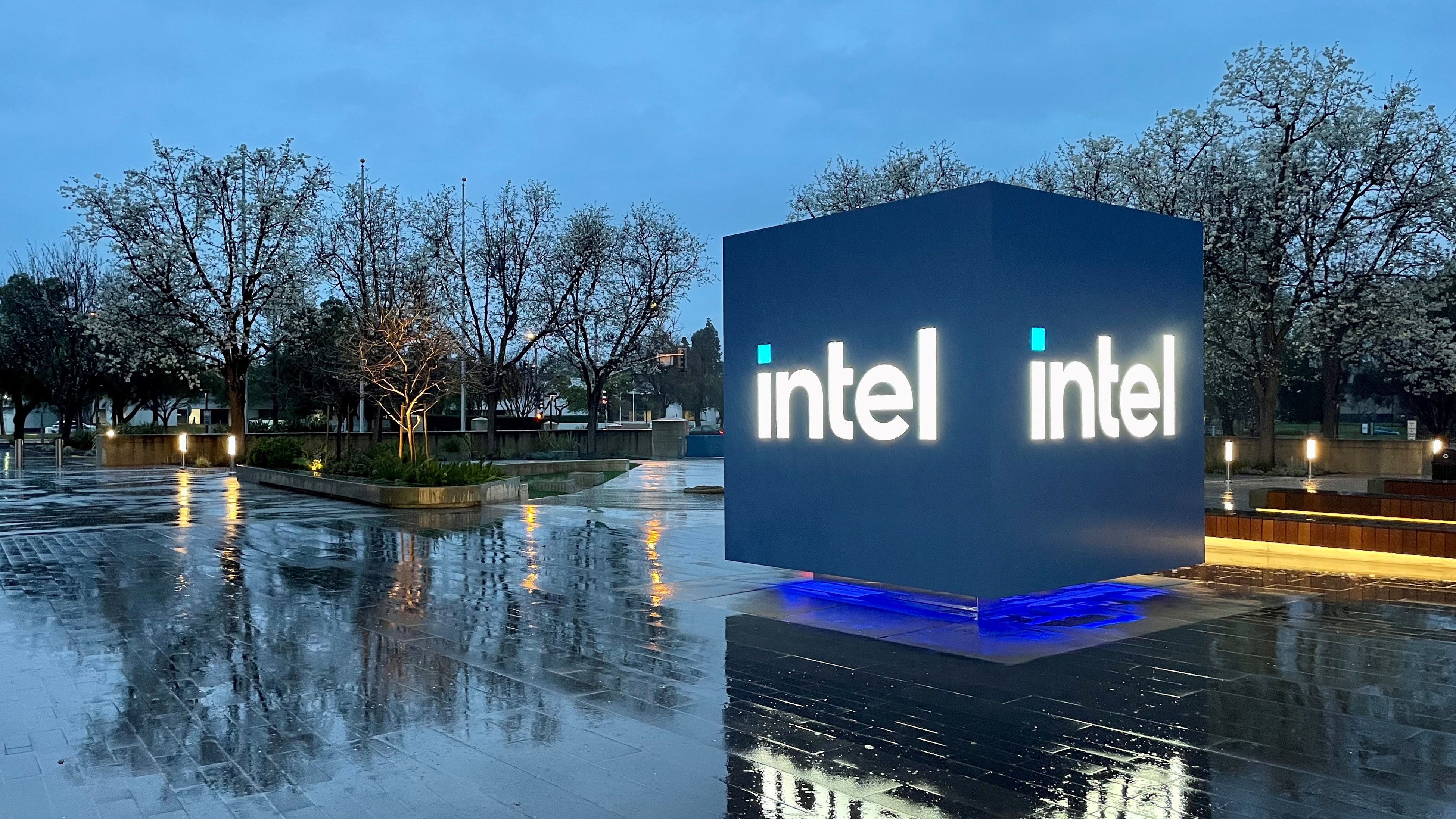BYOD policies stifling Ultrabook sales, claims Intel
Firm gearing up for big enterprise push in 2013.

Intel claims that employees who are being offered the choice of bringing their own devices to work have not been investing in laptops.
Rob Sheppard, business client product manager at Intel in Europe, the Middle East and Africa (EMEA) has acknowledged that it needs to work harder to make Ultrabooks a success in the enterprise environment and prevent legacy devices from being cannibalised by tablets and smartphones.
"BYOD is happening with phones and tablets [not] with PCs. The idea that business would give [money] to users to buy a PC that's not happening," he told journalists at an Intel event in London.
"There are too many complications around it especially when you start to look at things like tax [and] purchase costs."
Sheppard claimed that Intel's strategy was to initially focus on the consumer market, but he acknowledged that the chip maker needed to work harder in the business market as there are only a dozen enterprise-friendly devices.
"The business designs are behind consumer, that's not surprising because you need to put more effort and energy into designing and building for [the enterprise]," he continued.
"Ultrabook [sales] are actually growing in terms of the overall market. We expect to see a significant growth this year."
Get the ITPro daily newsletter
Sign up today and you will receive a free copy of our Future Focus 2025 report - the leading guidance on AI, cybersecurity and other IT challenges as per 700+ senior executives
In terms of features in business Ultrabooks, Intel has setting a base level spec, but has been leaving specification choices such as ports down to individual OEMs.
It doesn't appear that Intel is going to force the Thunderbolt connectivity, which it co-developed with Apple, onto OEMs anytime soon either as Sheppard recognised that demand is low at this stage.
Although Intel has not released any sales figures analysts cut sales estimates at the end of last year. IHS iSuppli had initially predicted that 22 million Ultrabooks would ship by the end of 2012, but in October this forecast was slashed to 10.3 million units.
It remains to be seen whether the inclusion of touch screen panels, all-day battery life and lower pricing will attract businesses throughout 2013.
-
 Should AI PCs be part of your next hardware refresh?
Should AI PCs be part of your next hardware refresh?AI PCs are fast becoming a business staple and a surefire way to future-proof your business
By Bobby Hellard Published
-
 Westcon-Comstor and Vectra AI launch brace of new channel initiatives
Westcon-Comstor and Vectra AI launch brace of new channel initiativesNews Westcon-Comstor and Vectra AI have announced the launch of two new channel growth initiatives focused on the managed security service provider (MSSP) space and AWS Marketplace.
By Daniel Todd Published
-
 Everything you need to know about Lip-Bu Tan, Intel’s new CEO
Everything you need to know about Lip-Bu Tan, Intel’s new CEONews Intel has announced its next CEO in the wake of Pat Gelsinger's retirement, naming former board member Lip-Bu Tan as its new leader months after he quit.
By Nicole Kobie Published
-
 Intel CEO Pat Gelsinger announces retirement
Intel CEO Pat Gelsinger announces retirementNews Gelsinger’s departure comes amid a tumultuous period at Intel
By Ross Kelly Published
-
 AMD to cut around 1,000 staff to focus on "growth opportunities"
AMD to cut around 1,000 staff to focus on "growth opportunities"News The AMD layoffs come after rival Intel cut staff on the back of flagging AI returns
By George Fitzmaurice Published
-
 Meta layoffs hit staff at WhatsApp, Instagram, and Reality Labs divisions
Meta layoffs hit staff at WhatsApp, Instagram, and Reality Labs divisionsNews The 'year of efficiency' for Mark Zuckerberg continues as Meta layoffs affect staff in key business units
By Ross Kelly Last updated
-
 The power and the pain: Looking forward so you’re not held back
The power and the pain: Looking forward so you’re not held backAvoiding server modernization may seem like a cost-saving strategy, but the hidden risks of downtime, security breaches, and operational inefficiencies can quickly become far more costly…
By ITPro Published
-
 Modernization: Nothing to fear except failing to future-proof
Modernization: Nothing to fear except failing to future-proofAs businesses face mounting pressure to innovate while maintaining daily operations on tight budgets, modernization has become a necessity, not a luxury
By ITPro Published
-
 Everything you need to know about Intel
Everything you need to know about IntelIn-depth An essential guide to Intel, a trailblazer in microprocessor innovation and a foundational force behind the evolution of modern computing and the personal computer industry
By Rene Millman Last updated
-
 Five ways to drive innovation at the edge
Five ways to drive innovation at the edgeWhitepaper How an effective edge strategy can generate new value for your organization
By ITPro Published